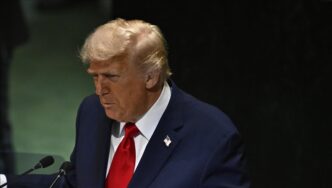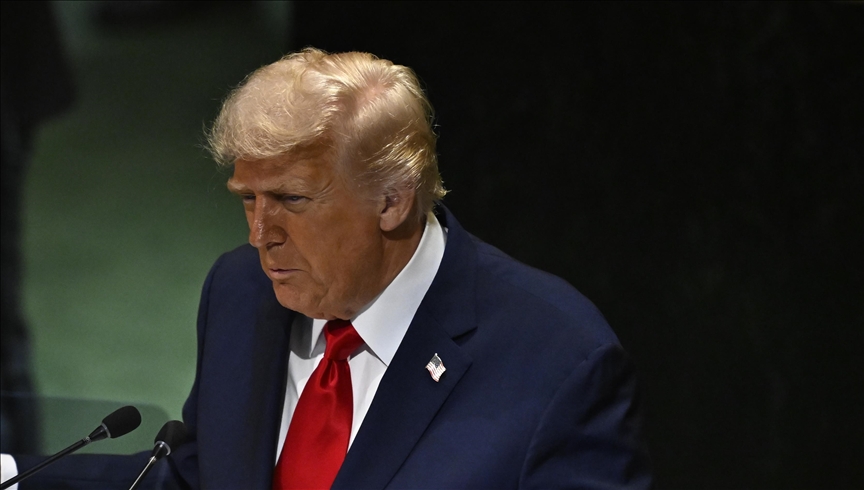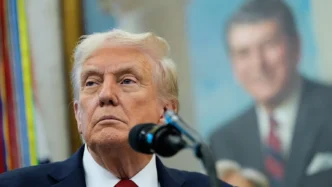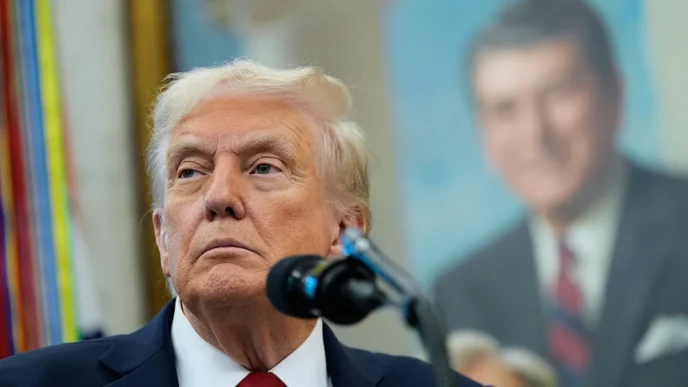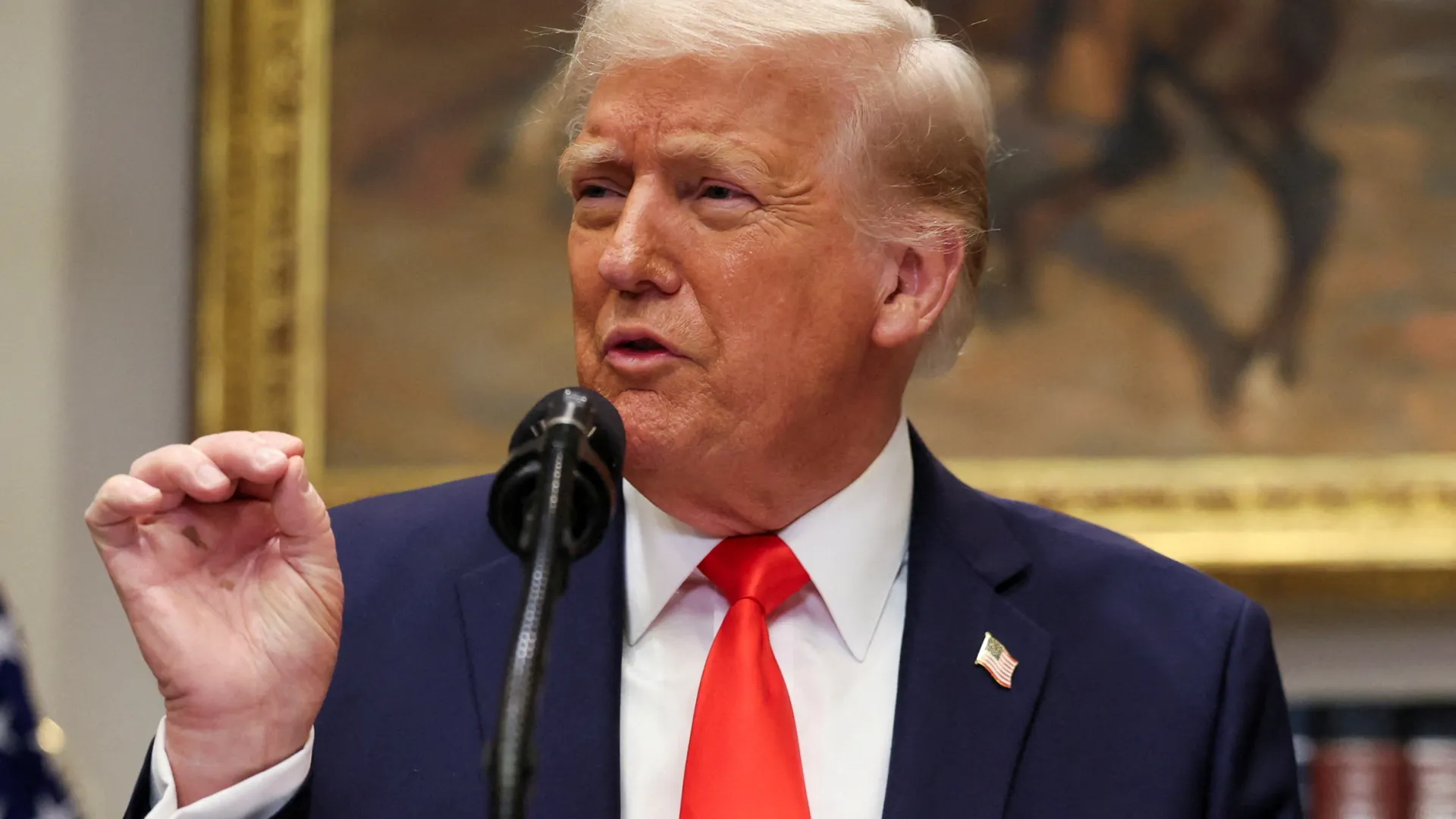U.S. President Donald Trump, whose administration was often seen as one of the most supportive toward Israel in modern history, has now taken a strikingly different position. In a recent statement, Trump declared that he would not allow Israel to annex the West Bank, a move he argued would destabilize the region, undermine U.S. diplomatic influence, and derail prospects for peace.
The announcement marks a dramatic shift from Trump’s earlier policies in office, which included recognizing Jerusalem as Israel’s capital and brokering the Abraham Accords between Israel and several Arab states. His latest stance signals a recalibration of his Middle East approach, shaped by changing geopolitical realities and the fragile dynamics of the Israeli-Palestinian conflict.
Why Annexation Matters
Annexation of the West Bank—territory captured by Israel during the 1967 Six-Day War—has long been one of the most contentious issues in Middle East politics.
- For Israel’s right-wing leadership, annexation is seen as a fulfillment of historical and security claims.
- For Palestinians, it represents the final death blow to hopes of establishing an independent state.
- For the international community, annexation is widely regarded as illegal under international law and a violation of long-standing U.N. resolutions.
If pursued, annexation could redraw borders, inflame tensions across the Arab world, and potentially spark violent unrest.
Trump’s Reasoning
In explaining his opposition, Trump framed annexation as a strategic mistake rather than a moral one. “Israel is a great ally, and I have done more for Israel than anyone,” he said. “But annexing the West Bank would isolate Israel internationally, strain U.S. alliances, and make peace impossible. I would not allow it.”
This reasoning echoes concerns raised by both U.S. military officials and European allies, who worry that annexation could push Arab partners away from Israel and undercut the stability fostered by the Abraham Accords.
Trump also emphasized the role of the U.S. as a mediator. “America must lead in the Middle East, not inflame it,” he added. “If Israel annexes the West Bank, we lose our leverage as peacemakers.”
Reaction in Israel
Trump’s remarks have already sparked debate within Israel:
- The Netanyahu government has refrained from immediate comment, wary of straining ties with a potential future U.S. president.
- Hardline politicians in Israel criticized the statement, arguing that Trump had “abandoned” his pro-Israel base.
- Centrists and moderates welcomed the remarks, suggesting they could help defuse tensions and preserve Israel’s international legitimacy.
For Palestinians, Trump’s position is a rare moment of validation. Palestinian Authority officials noted that even a leader as supportive of Israel as Trump recognizes the dangers of annexation.
A New Trump Doctrine?
The shift may signal a broader Trump strategy heading into a possible new administration. His approach appears to balance strong support for Israel with pragmatic red lines, positioning him as both pro-Israel and a broker of regional stability.
Some analysts suggest that Trump, aware of shifting U.S. public opinion and growing divisions within Israel itself, is recalibrating to maintain influence over both sides. Others argue it is a tactical move aimed at bolstering his credibility in foreign policy debates ahead of elections.
Global Implications
Trump’s declaration reverberates far beyond Israel and the Palestinian territories:
- Arab States: Countries like the UAE, Saudi Arabia, and Jordan may welcome Trump’s stance, seeing it as a safeguard against regional destabilization.
- Europe: European Union leaders, long opposed to annexation, could see the statement as a potential alignment with their position.
- The U.S.: Domestically, the move may divide Trump’s base—pleasing moderates but angering evangelical and hardline pro-Israel voters.
The Road Ahead
Annexation remains a looming question mark in Israeli politics. While the Netanyahu government has not formally moved forward, pressure from right-wing factions continues. Trump’s clear opposition adds another layer of complexity, signaling that even Israel’s closest allies may draw the line at annexation.
As the conflict in Gaza and broader regional instability persist, the West Bank’s fate remains one of the most volatile issues in Middle Eastern diplomacy. Trump’s comments may not settle the debate, but they underscore a crucial reality: annexation is not just an Israeli decision—it’s a global one.


